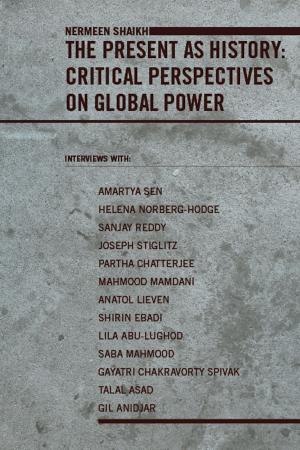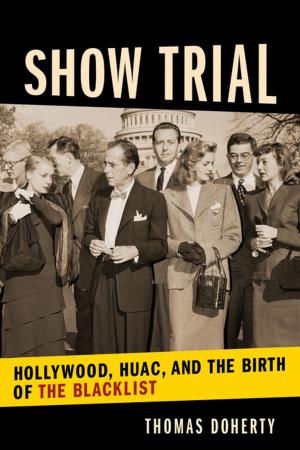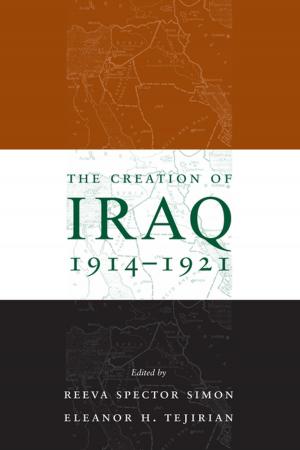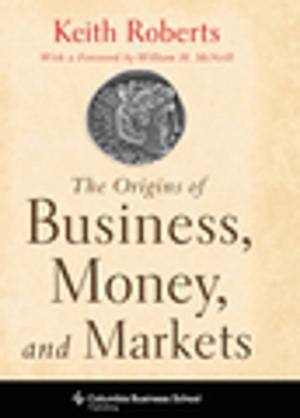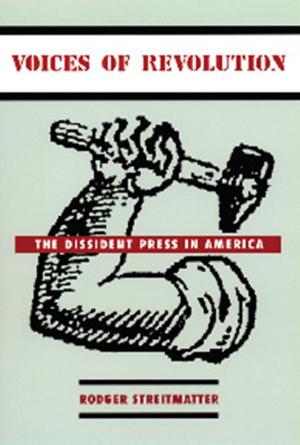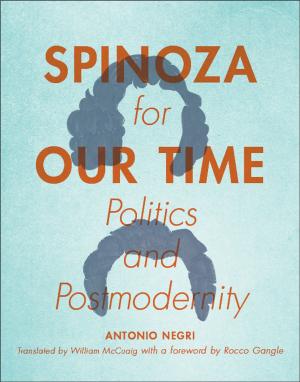Boys Don't Cry?
Rethinking Narratives of Masculinity and Emotion in the U.S.
Nonfiction, Social & Cultural Studies, Social Science, Gender Studies, Men&, Fiction & Literature, Literary Theory & Criticism, American| Author: | ISBN: | 9780231506342 | |
| Publisher: | Columbia University Press | Publication: | April 10, 2002 |
| Imprint: | Columbia University Press | Language: | English |
| Author: | |
| ISBN: | 9780231506342 |
| Publisher: | Columbia University Press |
| Publication: | April 10, 2002 |
| Imprint: | Columbia University Press |
| Language: | English |
We take for granted the idea that white, middle-class, straight masculinity connotes total control of emotions, emotional inexpressivity, and emotional isolation. That men repress their feelings as they seek their fortunes in the competitive worlds of business and politics seems to be a given. This collection of essays by prominent literary and cultural critics rethinks such commonly held views by addressing the history and politics of emotion in prevailing narratives about masculinity. How did the story of the emotionally stifled U.S. male come into being? What are its political stakes? Will the "release" of straight, white, middle-class masculine emotion remake existing forms of power or reinforce them? This collection forcefully challenges our most entrenched ideas about male emotion. Through readings of works by Thoreau, Lowell, and W. E. B. Du Bois, and of twentieth century authors such as Hemingway and Kerouac, this book questions the persistence of the emotionally alienated male in narratives of white middle-class masculinity and addresses the political and social implications of male emotional release.
We take for granted the idea that white, middle-class, straight masculinity connotes total control of emotions, emotional inexpressivity, and emotional isolation. That men repress their feelings as they seek their fortunes in the competitive worlds of business and politics seems to be a given. This collection of essays by prominent literary and cultural critics rethinks such commonly held views by addressing the history and politics of emotion in prevailing narratives about masculinity. How did the story of the emotionally stifled U.S. male come into being? What are its political stakes? Will the "release" of straight, white, middle-class masculine emotion remake existing forms of power or reinforce them? This collection forcefully challenges our most entrenched ideas about male emotion. Through readings of works by Thoreau, Lowell, and W. E. B. Du Bois, and of twentieth century authors such as Hemingway and Kerouac, this book questions the persistence of the emotionally alienated male in narratives of white middle-class masculinity and addresses the political and social implications of male emotional release.



